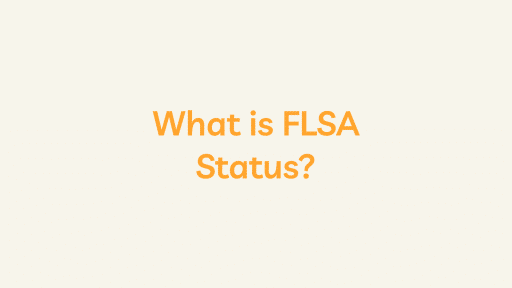Introduction
In the ever-evolving employee benefits landscape, floating holidays have emerged as a dynamic and adaptable solution to the traditional fixed-day-off model. This innovative approach is reshaping how organizations approach holiday policies by allowing workers to choose when they take time off. In this comprehensive exploration, we will delve deeper into the intricacies of holidays, examining their definition, employer policies, cultural implications, and the broader impact on work-life integration.
Defining Floating Holidays
At its core, a floating holiday is a day off that lacks the rigidity of a fixed date or event. Instead, employees can select when they observe their day off within certain guidelines. This departure from the conventional holiday approach empowers individuals to align their time off with personal preferences, cultural observances, or significant life events.
Understanding Employer Policies
Floating holiday policies vary between organizations, but they generally outline the number of floating holidays granted per year, the process for requesting time off, and any restrictions or blackout dates that may apply. Additionally, employers may establish rules regarding the carryover of unused it into the following year, promoting responsible and intentional use of this unique benefit.
Flexibility and Inclusivity in the Workplace
A distinctive advantage of floating holidays lies in their flexibility, providing employees with a tailored approach to time off. This inclusivity is particularly valuable in diverse workplaces where individuals may observe different cultural or religious holidays. By offering it, organizations showcase their commitment to recognizing and respecting their workforce’s diverse backgrounds and traditions.
Cultural and Religious Floating Holidays
Floating holidays offer employees an opportunity to celebrate cultural or religious events that may not be covered by traditional fixed holidays. This accommodation fosters a sense of understanding and respect within the workplace, acknowledging the importance of diverse cultural perspectives. Employers embracing it create an environment where employees feel valued and supported in honoring their beliefs and traditions.
Floating Holidays to Balance Work-Life Integration
In the contemporary work environment, maintaining a healthy work-life balance is paramount. Floating holidays are pivotal in achieving this balance by allowing employees to schedule time off according to their personal lives. This empowerment can result in heightened job satisfaction, improved overall well-being, and a more engaged and fulfilled workforce.
Conclusion
As workplaces evolve to meet the dynamic needs of their employees, floating holidays emerge as a cornerstone of progressive employee benefits. Offering a nuanced and individualized approach to time off, organizations that embrace holidays are better positioned to create inclusive, respectful, and supportive cultures. The continued recognition of the importance of work-life balance and diversity in the workplace ensures that adopting holidays will persist, contributing to creating more adaptable and employee-centric environments.





